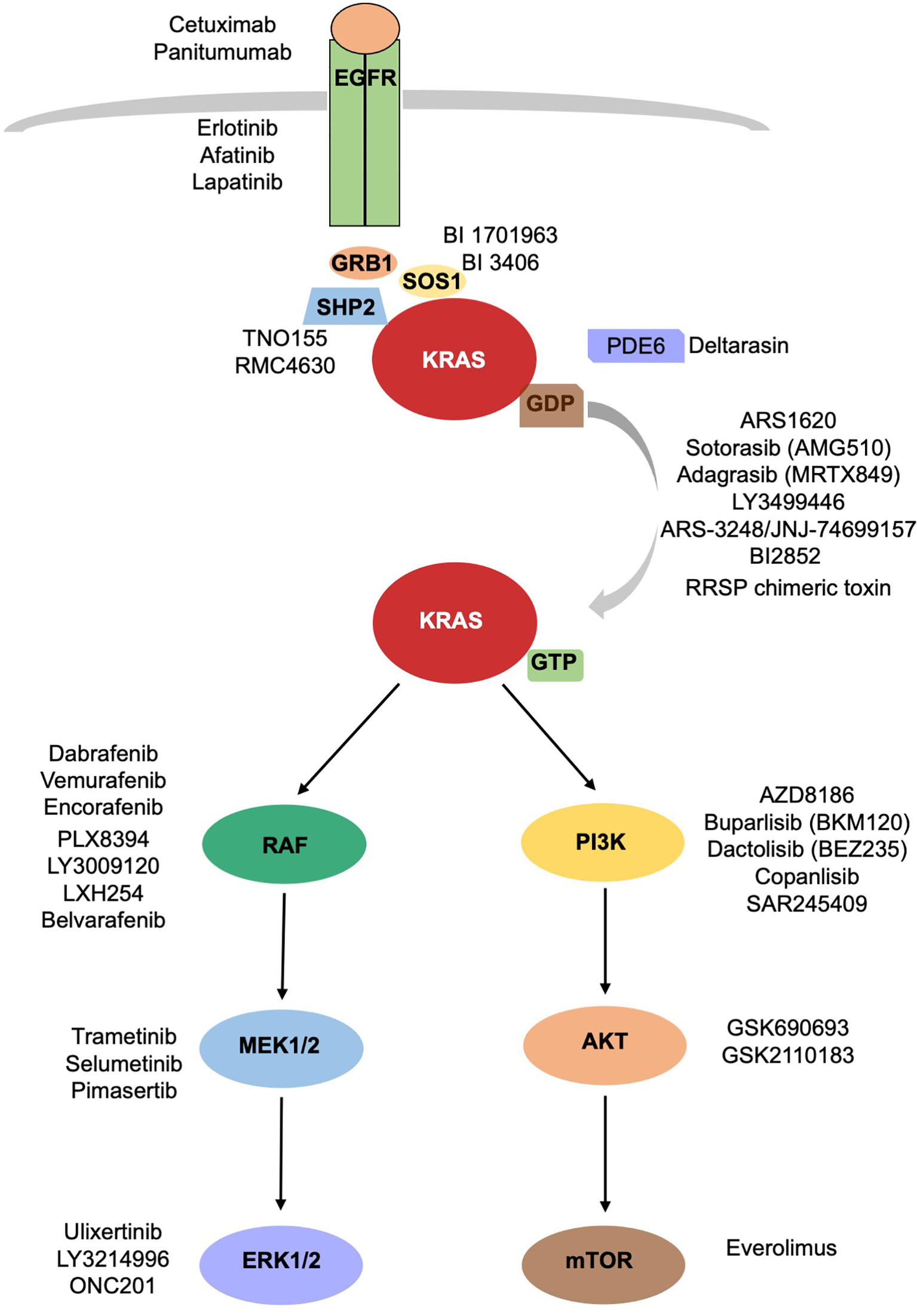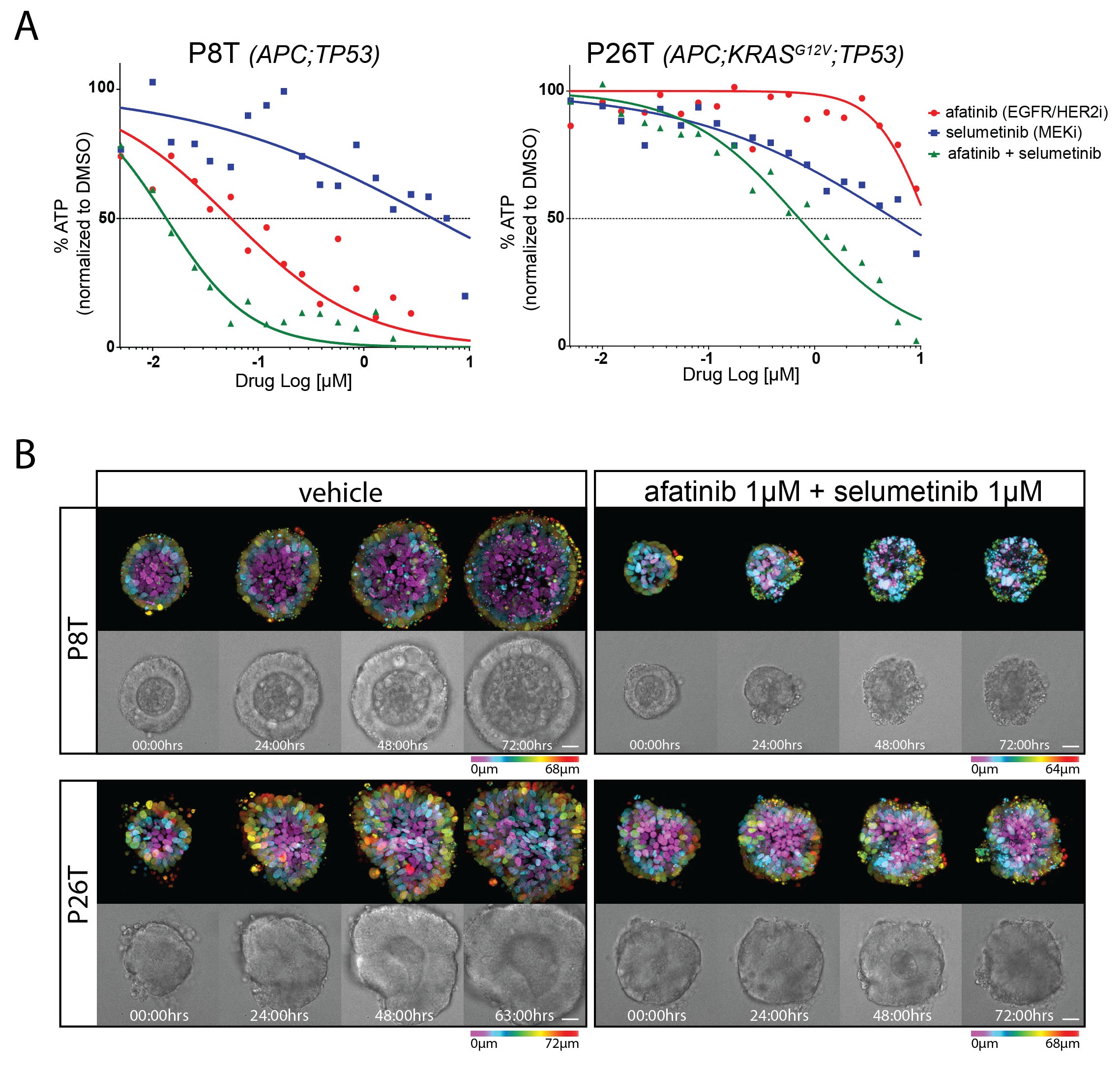In the world of cancer research and treatment, there is a growing buzz around a specific mutation known as KRAS G12D. This mutation plays a critical role in the development and progression of various cancers, making it an enticing target for researchers and investors alike.
In this article, we will explore the significance of KRAS G12D and delve into the exciting field of targeted therapy. We will also take a closer look at promising drug candidates and ongoing clinical trials, as well as discuss the challenges and opportunities that lie ahead.
So, strap in and get ready to learn about the future of cancer treatment through targeted therapies for KRAS G12D mutations.
What is KRAS G12D and Why is it Important?
The KRAS gene plays a crucial role in the growth and division of cells, as it regulates essential signaling pathways within the cell. However, when this gene undergoes a specific mutation called KRAS G12D, it can have profound implications for human health.
This particular mutation has been associated with various types of cancer, including pancreatic, lung, and colorectal cancer.
KRAS G12D is characterized by a substitution of glycine (G) with aspartic acid (D) at position 12 of the KRAS protein. This seemingly small alteration can have significant consequences. When the KRAS gene becomes mutated in this manner, it disrupts the normal functioning of the protein and leads to uncontrolled cell growth.
Uncontrolled cell growth is one of the fundamental hallmarks of cancer. The mutated KRAS G12D gene contributes to oncogenesis by activating multiple downstream signaling pathways that promote cell proliferation and survival.
These signaling pathways include the mitogen-activated protein kinase (MAPK) pathway and the phosphoinositide 3-kinase (PI3K)/AKT/mTOR pathway. The activation of these pathways promotes tumor growth and makes cancer cells resistant to conventional treatments.
Understanding the importance of KRAS G12D is crucial for developing targeted therapies for cancer patients. Given its prevalence in various types of cancer, efforts are being made to develop drugs that specifically target this mutated form of the KRAS gene.
Targeted therapies aim to inhibit or block the aberrant activity caused by KRAS G12D and restore normal cellular processes.
Understanding Targeted Therapy
Targeted therapy is a more precise approach to treating cancer compared to traditional methods like chemotherapy and radiation therapy. It aims to disrupt or inhibit the signaling pathways unique to cancer cells while sparing healthy cells.
By identifying molecular targets within cancer cells, targeted therapy allows for greater effectiveness in fighting the disease while minimizing side effects. This can be achieved through the use of monoclonal antibodies or small molecule inhibitors that specifically target proteins or enzymes involved in tumor growth and survival.
Targeted therapy offers hope for improved outcomes and quality of life for cancer patients.
The Promise of KRAS G12D Targeted Therapy
Targeting KRAS mutations, particularly the prevalent G12D variant, has historically been challenging due to its complex structure and lack of traditional drug-binding sites. However, recent advancements in targeted therapies have shown promise in specifically addressing this mutation.
This breakthrough opens up new avenues for personalized medicine in treating KRAS-driven cancers, offering more effective and precise treatments while minimizing adverse side effects associated with conventional chemotherapy. Overall, KRAS G12D targeted therapy represents a significant leap forward in the fight against these types of cancers.
Exploring Promising Drug Candidates
In this section, we will explore two exciting drug candidates targeting KRAS G12D mutations, a common genetic alteration in cancer.
[Name] has shown promising results in preclinical and early clinical trials by specifically targeting the mutated KRAS protein. Its unique mechanism of action disrupts signaling pathways, inhibiting tumor growth.
[Name] effectively blocks aberrant signaling caused by mutated KRAS protein, leading to tumor regression in preclinical and early clinical trials.
These drug candidates hold great potential for treating cancers with KRAS G12D mutations, offering new avenues for targeted therapy and improved patient outcomes.
Clinical Trials and Future Outlook
Numerous clinical trials are currently underway, evaluating different drug candidates targeting KRAS G12D mutations. These trials aim to assess the safety, efficacy, and overall impact of these targeted therapies on patients with KRAS-driven cancers.
One challenge being addressed is overcoming resistance mechanisms in KRAS G12D targeted therapy. Researchers are exploring combination treatments and innovative approaches to enhance efficacy.
Expanding treatment options is another focus. Combination therapies using multiple targeted agents or alternative therapeutic approaches are being investigated.
The successful development of targeted therapies for KRAS G12D mutations has significant implications for the biotech industry and investors. Key factors to consider include clinical trial outcomes, market potential, competitive landscape, and regulatory considerations.
Overall, these clinical trials offer hope for improved treatment options and a deeper understanding of resistance mechanisms. They have the potential to transform cancer treatment and provide better outcomes for patients with KRAS-driven cancers.
A New Era in Cancer Treatment
Targeting KRAS G12D mutations has ushered in a new era for cancer treatment. The development of personalized therapies brings hope for improved outcomes and quality of life for patients with KRAS-driven cancers. As we invest in research and development, we move closer to a future where targeted treatments become the norm.
Let’s join forces and push towards conquering KRAS G12D mutations, transforming them from a formidable foe into a conquerable challenge.
[lyte id=’ojQRYlEwhjo’]


